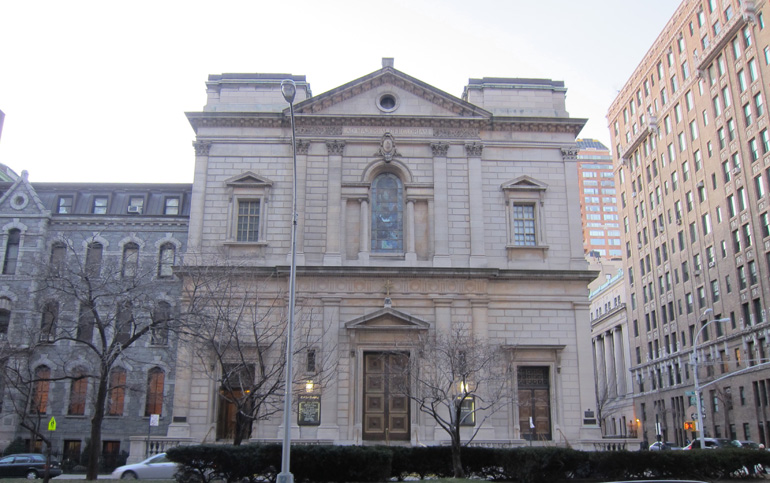Gotham Diary:
Canada
28 February 2012
Alice Munro has a new story in this week’s New Yorker. Do you think that she means to present Canada as a land of horror? Every time I read one of her stories, I am so glad that I don’t live in Canada that I am actually glad that I do live in the United States. No other writer has this effect.
Part of it is the landscape, which in her hands appears to have been abandoned for hundreds of years — and for a good reason; you imagine that it must have been one long Wisconsin Death Trip when people lived there. There is the stale, provincial air that hangs about the small towns but about Toronto, too — always a Toronto of fifty years ago.
Then there are the men, the men who matter. They make up the rules and the women have to live with them. The women don’t much mind, because they want to live with the men. Munro’s fiction is shot through with a streak of feminine masochism that precludes revenge no matter how abruptly the oppression is eventually put to an end. In the current story, a gifted and devoted country doctor is revealed to be an impervious autocrat at home who keeps his childless wife in a cage of intimidation. “She was used to holding back until she was sure that my uncle had said all that he meant to say.”
Of course, it would have been quite different, my mother said, if they’d had children.
Imagine that. Children. Getting in Uncle Jasper’s way, whining for a corner of their mother’s attention. Being sick, sulking, messing up the house, wanting food he didn’t like.
Impossible. The house was his, the choice of menus his, the radio and television programs his. Even if he was at his practice next door, or out on a call, things had to be ready for his approval at any moment.
The representation of children in the second paragraph, as dreary nuisances, is really rather shocking, but you don’t sense that until you look it over a second time. The first time you read the story, “Haven,” you read it through Uncle Jasper’s eyes.
I was braced for “Haven” to be one of the thrilling ghastly stories like “Wenlock Edge,” but no violence of any kind is inflicted on the narrator. The doctor behaves with an odd, almost passive rudeness when he returns from a meeting one night to discover that his wife has been entertaining not only the next-door neighbors but the his own estranged sister, a concert violinist, and the other two members of her trio. His refusal to acknowledge this woman in any way save as a source of wonder that anyone would pay to hear the sort of music that she plays — nothing personal, mind — is also shocking, but, again, only the second time. The first time, you’re just glad that Uncle Jasper doesn’t break anything.Â
No doubt I lead a very protected life, but I always find talk of “good and evil” not only overwrought but simplistic. Good people — and Munro won’t permit us to deny that, on balance, Uncle Jasper is a good man — do terrible things, and, what’s worse, they feel good about it, perfectly entitled to behave badly, as Uncle Jasper clearly does at the end of “Haven,” when he imposes his own choice of organist on his sister’s funeral. There’s some question as to just who might object to this maneuver, since the sister herself is presumably beyond caring. But just because there’s no victim, that doesn’t mean that there hasn’t been an outrage.  Â
***
TK

